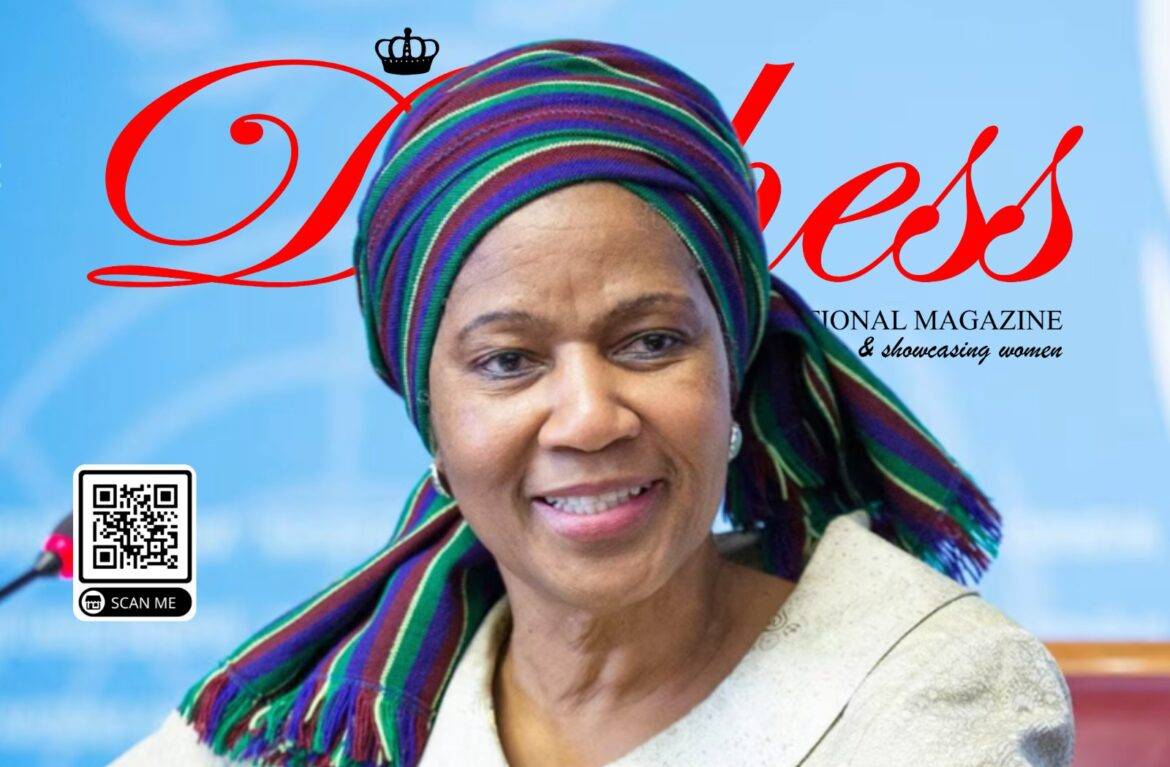Jaha Dukureh’s journey from a survivor of female genital mutilation (FGM) and child marriage to a global advocate against these practices is both harrowing and inspiring. Born in 1989 in The Gambia, she was subjected to FGM at just one week old, a procedure that involved the removal of her external genitalia and sewing of the vaginal opening, leaving only a small passage for urine and menstrual blood. This traumatic experience was compounded at the age of 15 when she was sent to New York City for an arranged marriage to a man significantly older than herself.
Unaware of the full extent of what had been done to her body, Jaha faced excruciating pain on her wedding night, leading to a medical procedure to reopen her infibulation. This period was marked by isolation, grief from her mother’s recent passing, and the challenges of adapting to a new country and marital expectations.Determined to reclaim her life, Jaha left her first marriage and relocated to Atlanta, Georgia. There, she pursued education, earning a bachelor’s degree in Business Administration Management from Georgia Southwestern State University in 2013. That same year, recognizing the pervasive issue of FGM and its deep-rooted cultural silence, she founded “Safe Hands for Girls,” a non-profit organization dedicated to supporting FGM survivors and advocating against the practice. Through this platform, Jaha began organizing support groups, raising awareness, and providing resources for affected women.Her advocacy gained national attention when she launched a Change.org petition urging the Obama administration to investigate the prevalence of FGM in the United States.
The petition garnered over 220,000 signatures, leading to a federal investigation and a subsequent summit on ending FGM at the United States Institute of Peace in 2016. Jaha’s relentless efforts also extended to her homeland; through youth mobilization and campaigning, she played a pivotal role in influencing the Gambian government’s decision to ban FGM in 2015.In recognition of her impactful work, Jaha was named one of Time Magazine’s 100 Most Influential People in 2016. The following year, her life and activism were chronicled in the documentary “Jaha’s Promise,” which premiered at the Copenhagen International Documentary Film Festival. Her influence continued to expand when, in 2018, she was appointed as the Regional Goodwill Ambassador for UN Women in Africa, focusing on ending FGM and child marriage across the continent. Further solidifying her global impact, Jaha was nominated for the Nobel Peace Prize in 2018.Beyond her advocacy, Jaha has ventured into initiatives aimed at empowering women economically. In The Gambia, she launched a regenerative agriculture program designed to support women affected by FGM, providing them with sustainable livelihoods and fostering community development. Her dedication to uplifting women and girls has also been recognized by L’Oréal Paris, which named her a global brand ambassador in 2020, highlighting her as a symbol of strength and resilience.
Jaha Dukureh’s transformation from a victim of cultural practices to a formidable force against them underscores the profound impact of personal courage and advocacy. Her story serves as a beacon of hope and a call to action, demonstrating that change is possible through determination, education, and collective effort.



